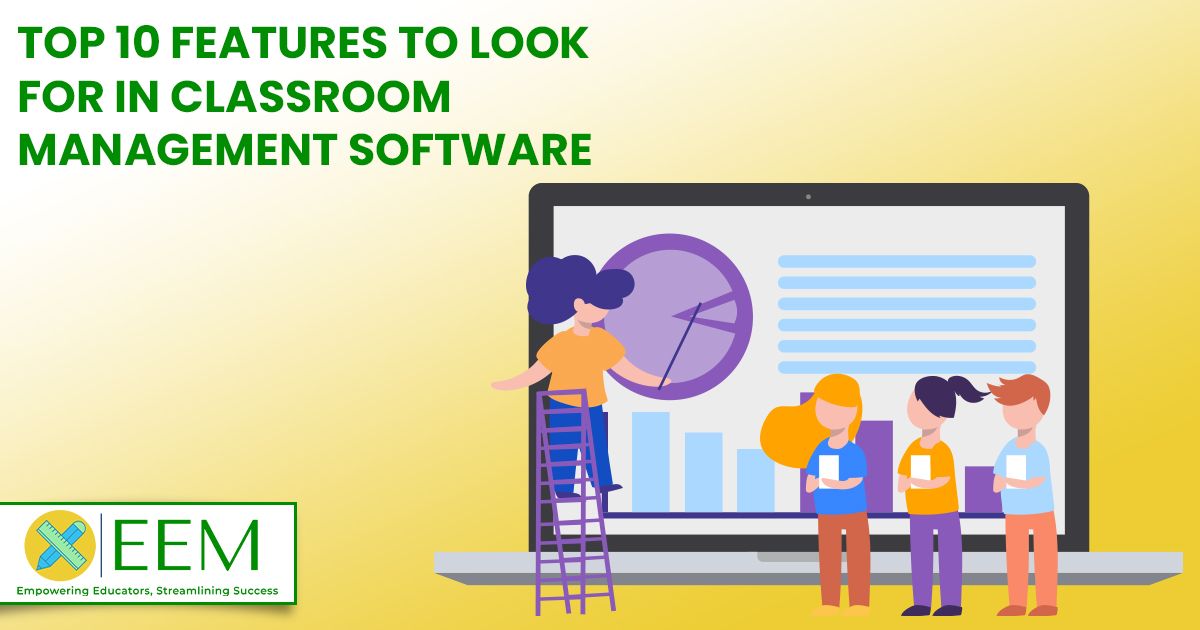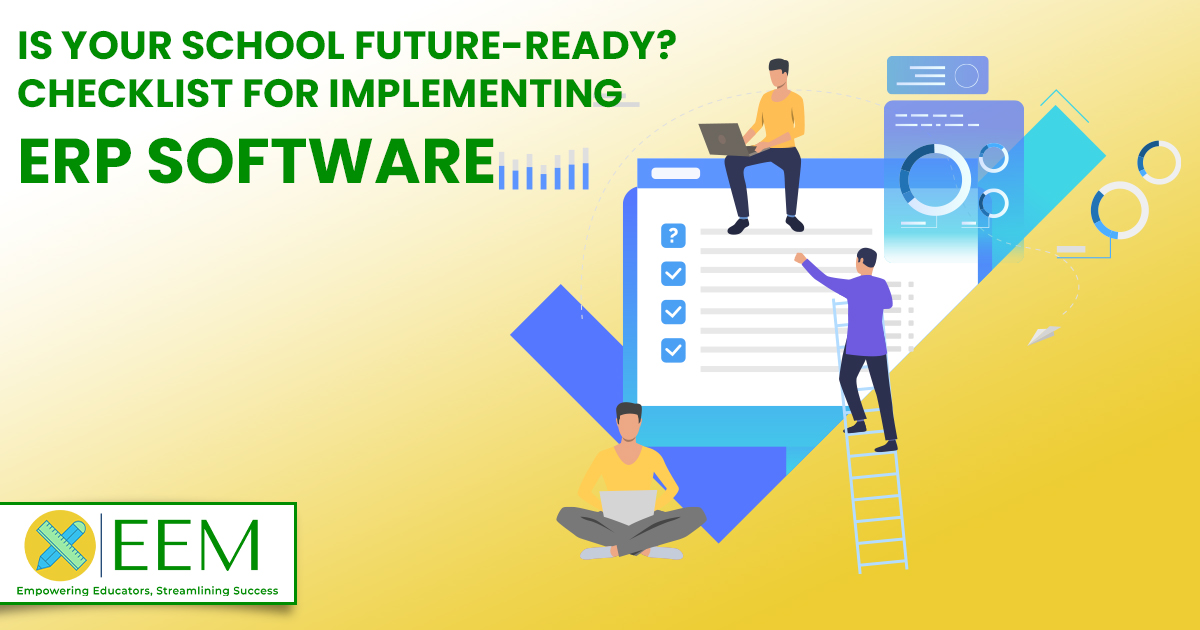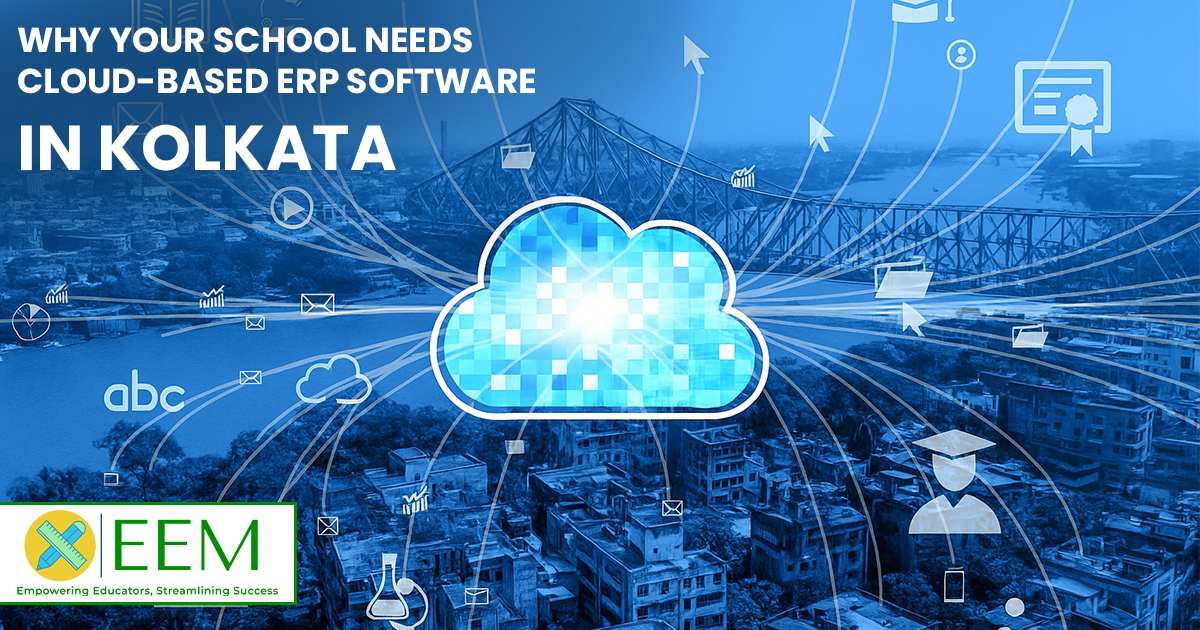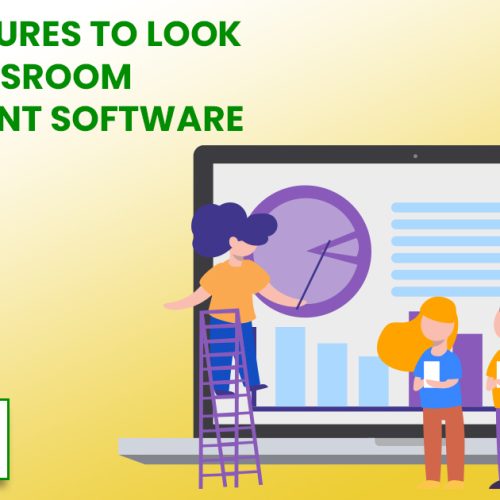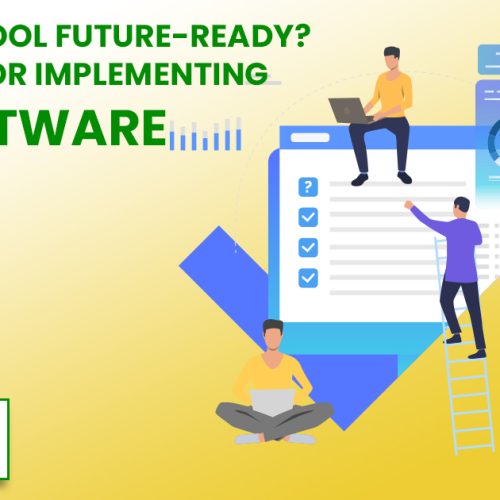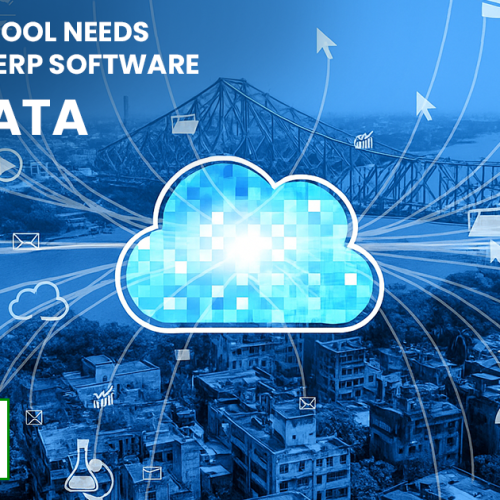
A School Management System ERP (Enterprise Resource Planning) offers a comprehensive solution to manage various administrative and academic functions in an educational institution. Here are some top features of a robust School Management System ERP:
- Student Information System (SIS):
- Centralized database for storing student records including personal details, academic history, attendance, and disciplinary actions.
- Easy access and retrieval of student data for teachers and administrators.
- Attendance Management:
- Automated attendance tracking for students and staff.
- Integration with biometric devices or RFID systems for accurate attendance recording.
- Real-time attendance reports and alerts for absences.
- Timetable Management:
- Automated scheduling of classes, exams, and other activities.
- Conflict-free timetable creation with the flexibility to accommodate changes.
- Integration with teachers’ and students’ schedules for seamless planning.
- Fee Management:
- Streamlined fee collection and management.
- Automated invoicing, receipt generation, and payment tracking.
- Support for multiple payment methods including online payments.
- Examination Management:
- Creation and scheduling of examinations.
- Online examination portals for conducting tests.
- Automated grading and report card generation.
- Library Management:
- Digital cataloging of library resources.
- Easy tracking of book issuance, returns, and fines.
- Integration with RFID for efficient library operations.
- HR and Payroll Management:
- Comprehensive management of staff records including personal details, qualifications, and employment history.
- Automated payroll processing with tax calculations and payslip generation.
- Leave management and attendance tracking for staff.
- Communication Tools:
- Integrated messaging system for communication between teachers, students, and parents.
- Notifications and alerts via email, SMS, and mobile app.
- Parent portals for real-time updates on student progress and school activities.
- Transport Management:
- Route planning and optimization for school buses.
- Tracking of vehicle maintenance and fuel expenses.
- Real-time tracking of buses with GPS integration.
- Inventory and Asset Management:
- Tracking and management of school assets and inventory.
- Automated alerts for low stock and asset maintenance schedules.
- Detailed reports on asset utilization and depreciation.
- Analytics and Reporting:
- Advanced data analytics for informed decision-making.
- Customizable reports on various aspects of school operations.
- Dashboards for a quick overview of key metrics and performance indicators.
- Parent and Student Portals:
- Secure access for parents and students to view academic records, attendance, and school notices.
- Online submission of assignments and homework.
- Interaction platforms for teachers, students, and parents.
- Mobile App Integration:
- Mobile access to the school management system for on-the-go updates and information.
- Push notifications for important announcements and reminders.
- User-friendly interface for students, parents, and staff.
- Compliance and Security:
- Ensuring compliance with educational regulations and data protection laws.
- Role-based access control for data security.
- Regular backups and data recovery solutions.
By integrating these features, a School Management System ERP can significantly enhance the efficiency, transparency, and effectiveness of school administration, allowing educators to focus more on teaching and less on administrative tasks.

